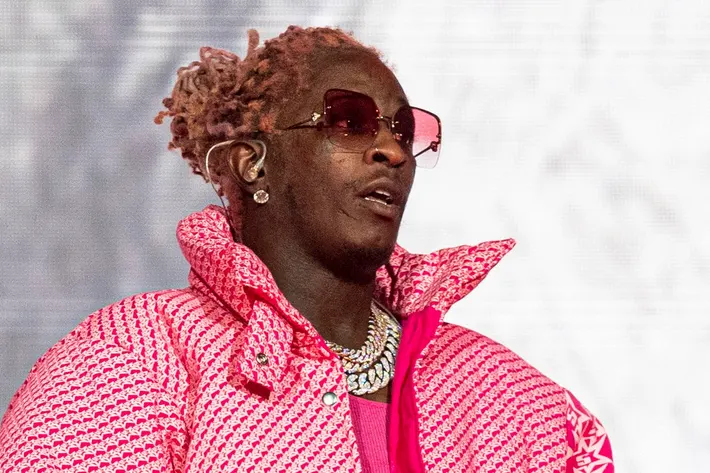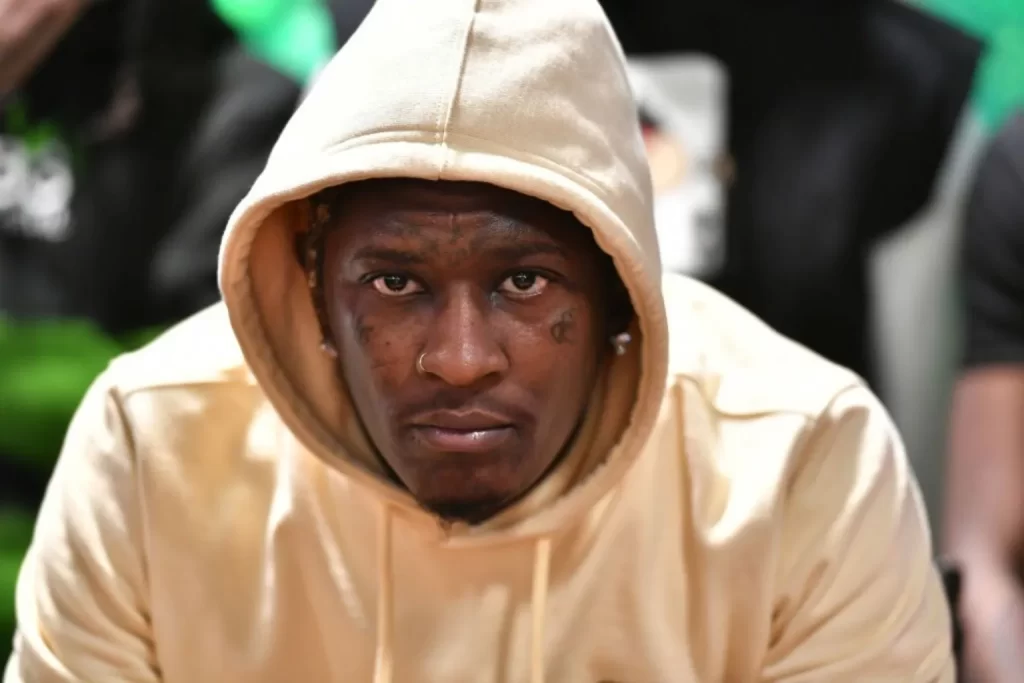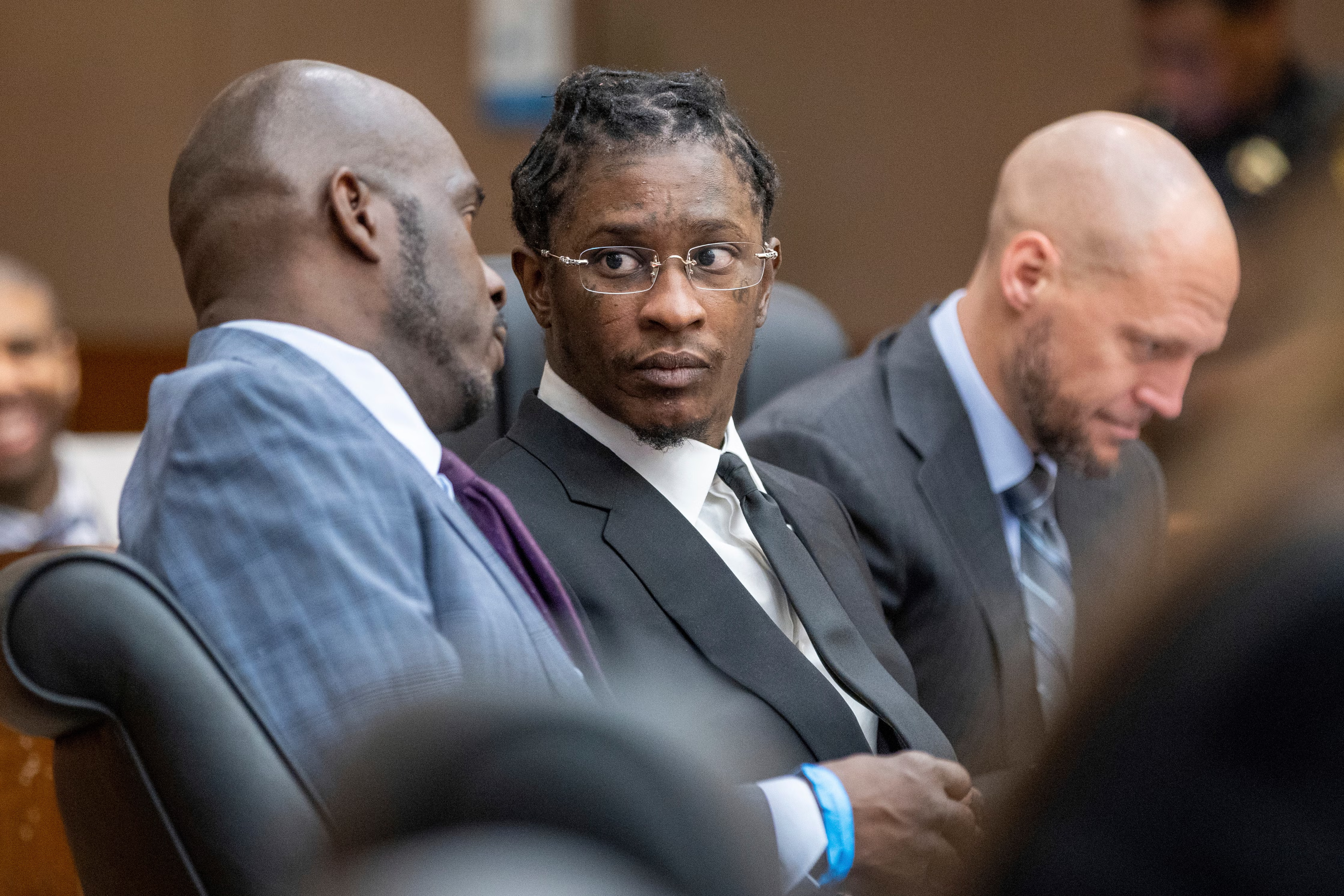US rapper Young Thug will be released from jail after pleading guilty to gang, drug and gun charges, in a dramatic twist that could end the longest criminal trial in Georgia history.

The 33-year-old Grammy winner, born Jeffery Lamar Williams, has spent more than 900 days behind bars since his arrest on racketeering and gang-related charges. In May 2022, prosecutors alleged the rap label he founded, Young Stoner Life (YSL) Records, was a front for an organized crime syndicate responsible for “75 to 80% of violent crime” in Atlanta.
On Thursday, Williams was sentenced to time served and 15 years of probation. “I take full responsibility for my crimes, for my charges,” he told the court. “I want to say sorry” to “everybody that has got something to do with this situation.”

Prosecutors had planned to recommend a sentence of 45 years, including 25 in custody and 20 on probation. But the plea negotiations were unsuccessful, and Superior Court Judge Paige Whitaker instead chose his punishment, commuting his sentence to the time he has already served, paving the way for his release.
As part of the deal, Williams pleaded guilty to one gang charge, three drug charges and two gun charges. He also entered a no-contest plea to leading a gang and violating the state’s Racketeer Influenced and Corrupt Organizations (RICO) Act.
The indictment had drawn widespread outrage over prosecutors’ use of Williams’ rap lyrics as evidence of the gang’s actions and criminal intent. Critics argued the charges violated the rappers’ freedom of speech and were part of a growing assault on a Black-dominated art form.

The trial was plagued by multiple delays, courtroom disturbances and motions for mistrial. The judge stipulated that Williams must complete 100 hours of community service, avoid contact with gang members or former co-defendants, and be prohibited from remaining in metropolitan Atlanta for the first 10 years of his probation period.
The plea deal likely brings an end to a high-profile case that has shone a spotlight on the use of rap lyrics in criminal prosecutions and the broader tensions between the justice system and the hip-hop community.



